
Culture
18:31, 15-Dec-2018
40 Elites in 40 Years: A foreign innkeeper in China
Updated
18:29, 18-Dec-2018
CGTN
05:24

Brian Linden from the United States has traveled around over 100 countries in the past decades. Since his first visit to China in 1984, he's been to most of its provinces. Now he owns a hotel in Dali City, southwest China's Yunnan Province, called The Linden Centre.
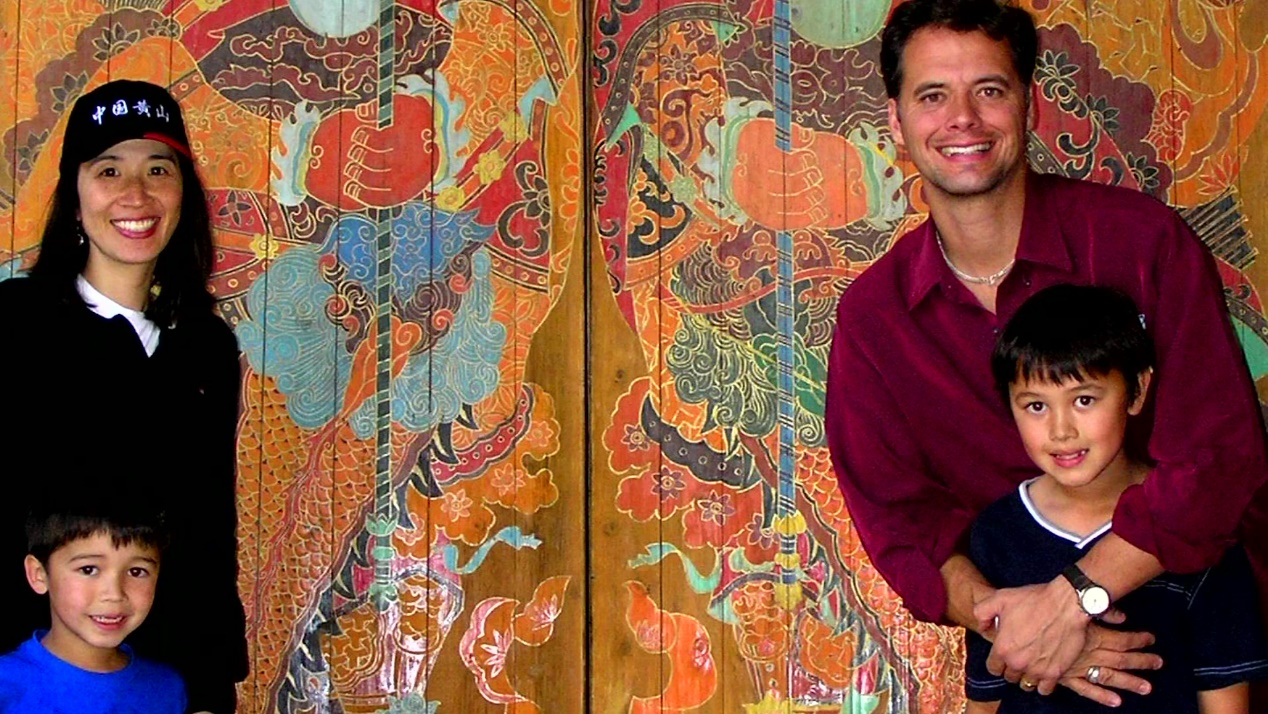
Linden started his journey in China as an overseas student. In the 1980s, tourism was slowly starting to thrive in the country.
"The worst thing about traveling in China was buying train tickets," Linden recalls, "I would queue up for about three hours only to find that the tickets were all sold out."
Linden has spent over 200 nights on trains. Although the green trains were very slow, he enjoyed exchanging ideas with different people during the long journeys.
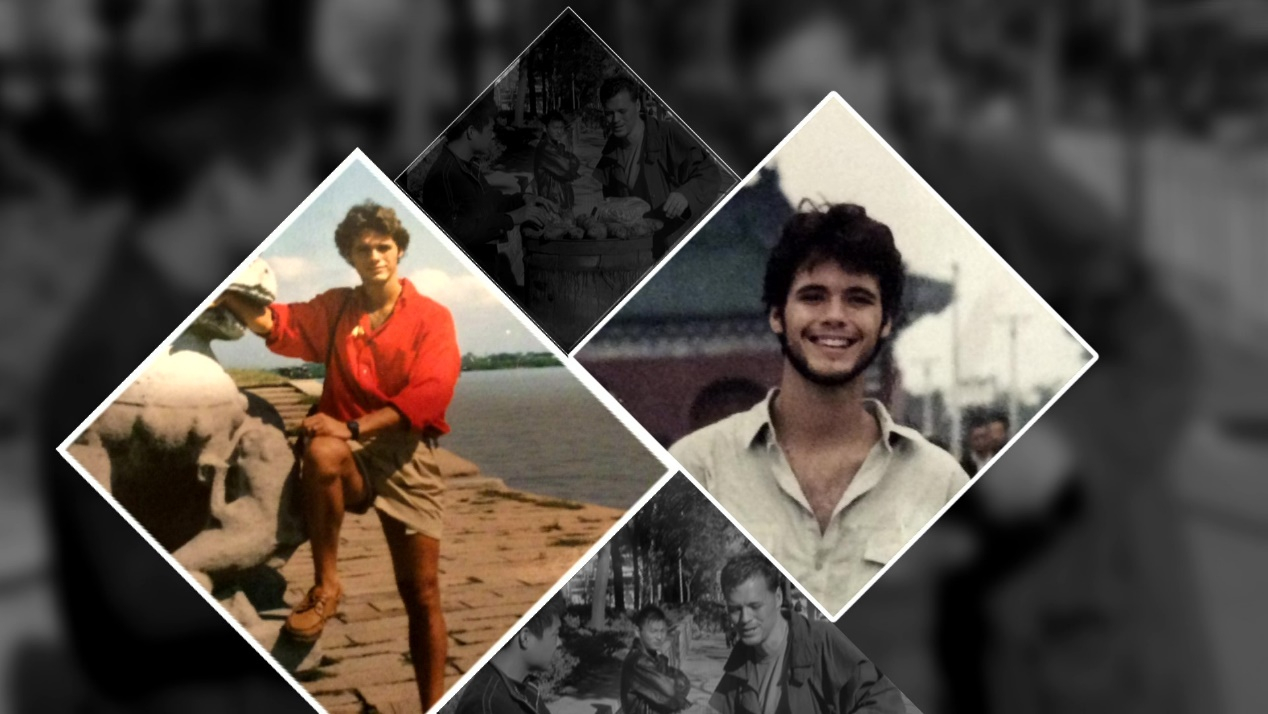
At the time, many Chinese people were curious about foreigners. "They were very friendly. Sometimes the whole village would invite me to drink baijiu with them."
China's tourism has skyrocketed over the past 40 years. In 2015, the number of foreign arrivals in China exceeded 56 million. That, in Linden's eyes, is almost a miracle.

Linden and his wife were amazed by China's economic development, and inspired by the country's culture.
Having traveled through so many modern cities on high-speed trains, they fell in love with Dali for its mild climate and ethnic features. They decided to settle down there.
"China has a splendid culture of 5,000 years. There are traces everywhere in these villages," says Linden. "We need to find ways to preserve them."
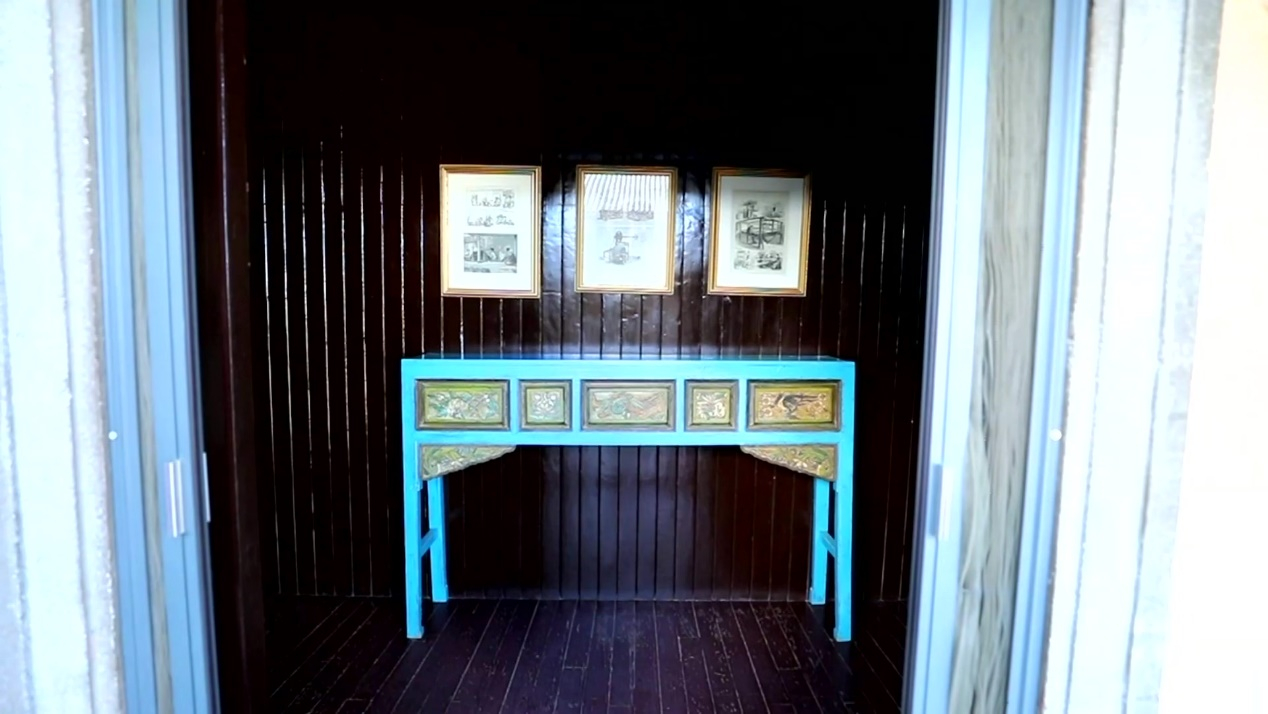
The couple searched carefully and rented an old mansion in the ancient township of Xizhou in Dali. After nine months of restoration and renovation, they turned it into a special homestay hotel.
The mansion is a Bai style residence with three major courtyards: one with three houses and a screen wall, one with four houses and four minor courtyards, and one with four spacious corner houses.
Ethnic elements stand out all over the place.
Some 100 local workers were employed to restore the buildings manually, and renovate water supply, electricity, drainage, and fire protection systems. Aside from 16 guestrooms, there are facilities rarely seen in a hotel: a small museum and a library.
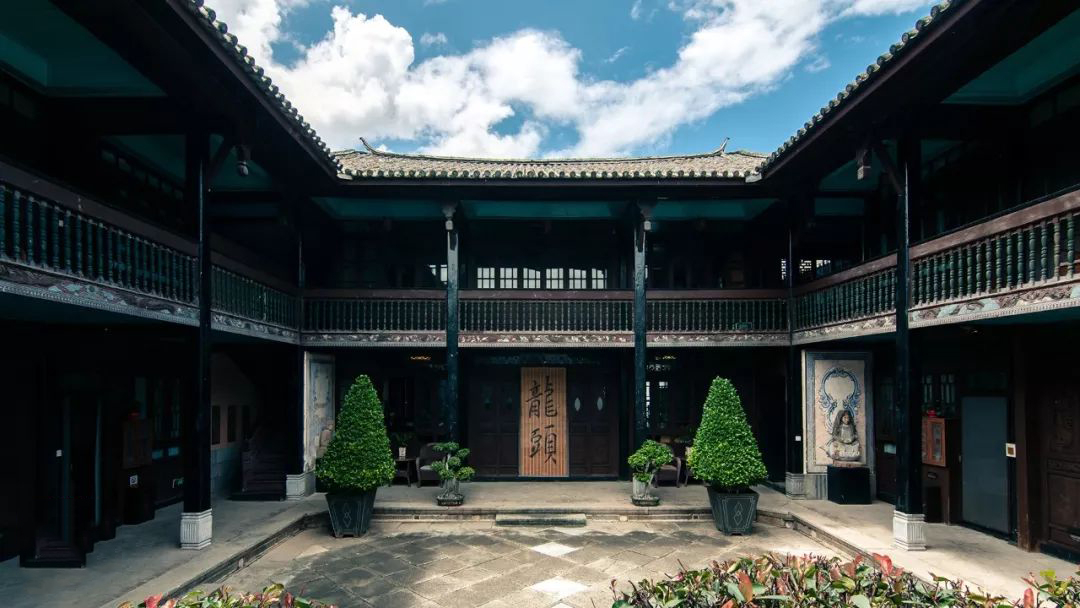
"Actually, the plan wasn't all about homestay in the first place. We intended to preserve part of the Chinese culture and share it with the world," Linden explains. He's kept most of the mansion's original appearance. For example, the restrooms were added inside the buildings without damaging the century-old structure.
"We preserve these buildings because we know their value," says Linden.
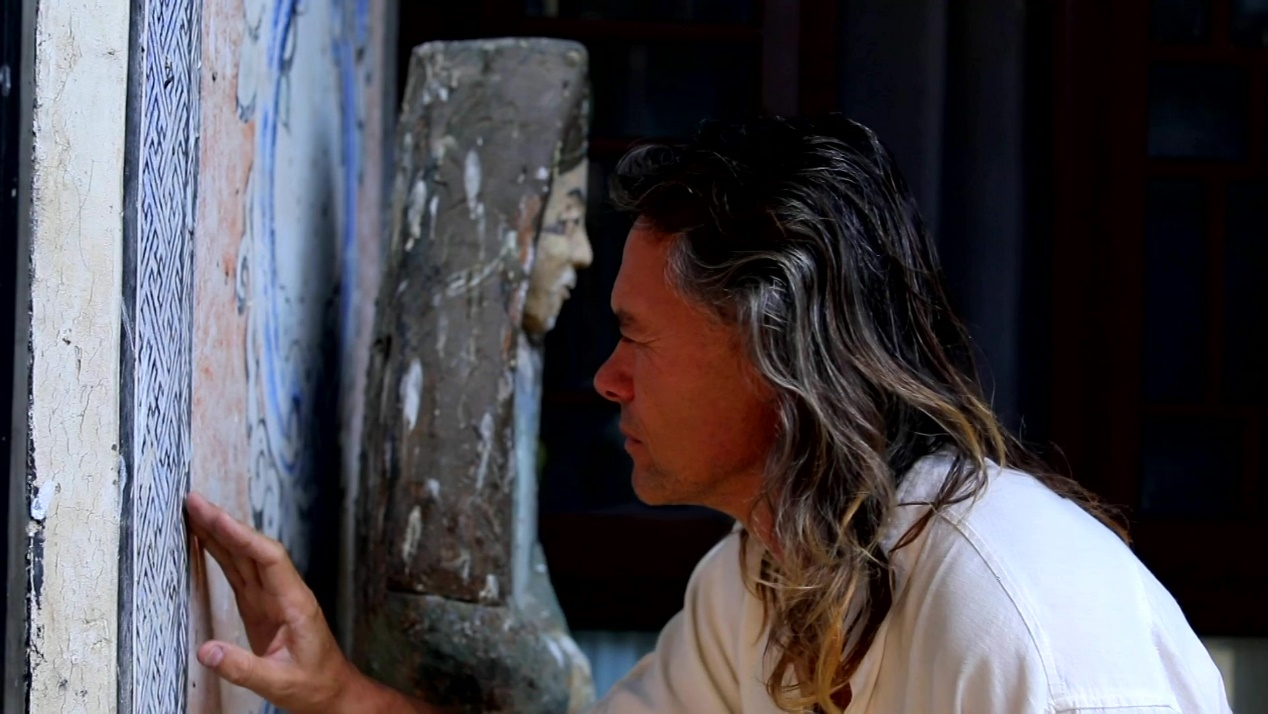
The hotel staff consists of about 50 local people.
"We take a lot of time training and motivating our employees. Interns from the United States come here annually to help hold some instructive activities. They also come here to learn about the local customs. Sometimes the customers would join them, too. It's very interesting."
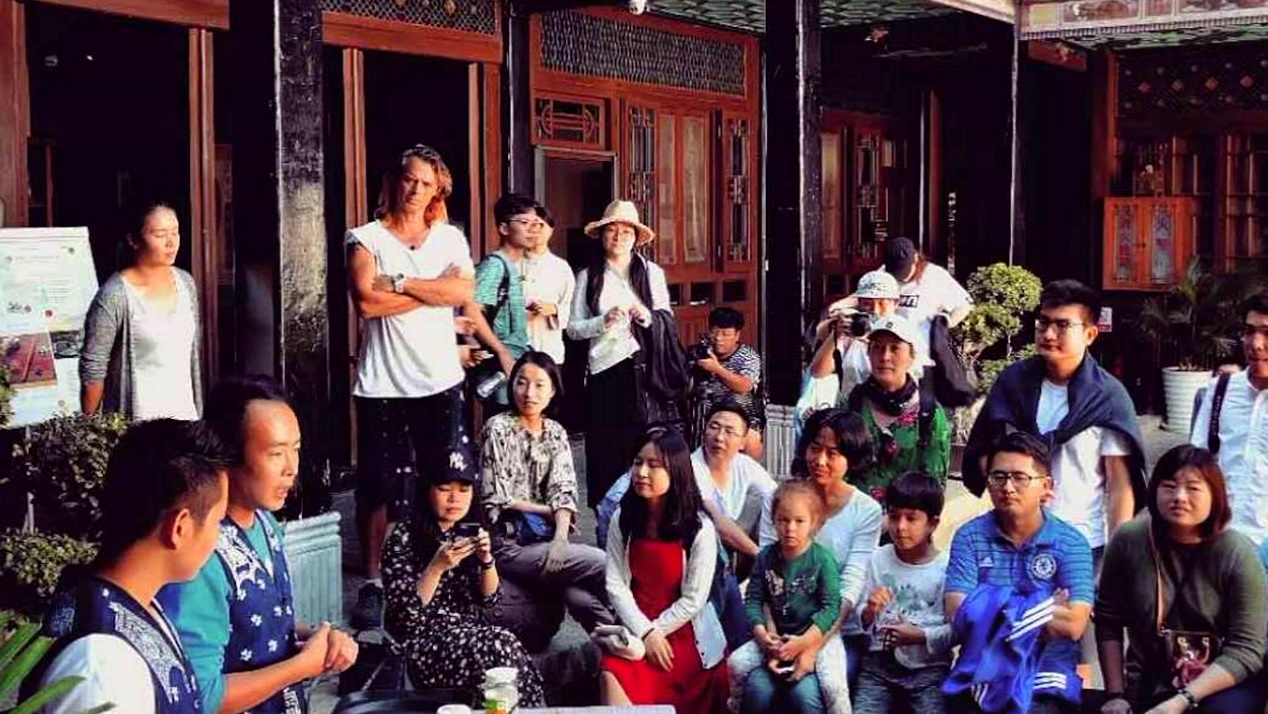

Having been greatly influenced by the Chinese culture, Linden considers China as his "mentor."
After the reform and opening-up policy, hordes of foreigners came to China to start businesses, like Linden did. He believes that it's necessary for them to understand and respect the Chinese culture, and says that his hotel is "not just business, but part of the precious civilization in the world."
So far, Linden's hotel has expanded to two more locations in Yunnan Province. "I'm an idealist in terms of promoting cultural exchanges. In doing so, I will persevere unremittingly."
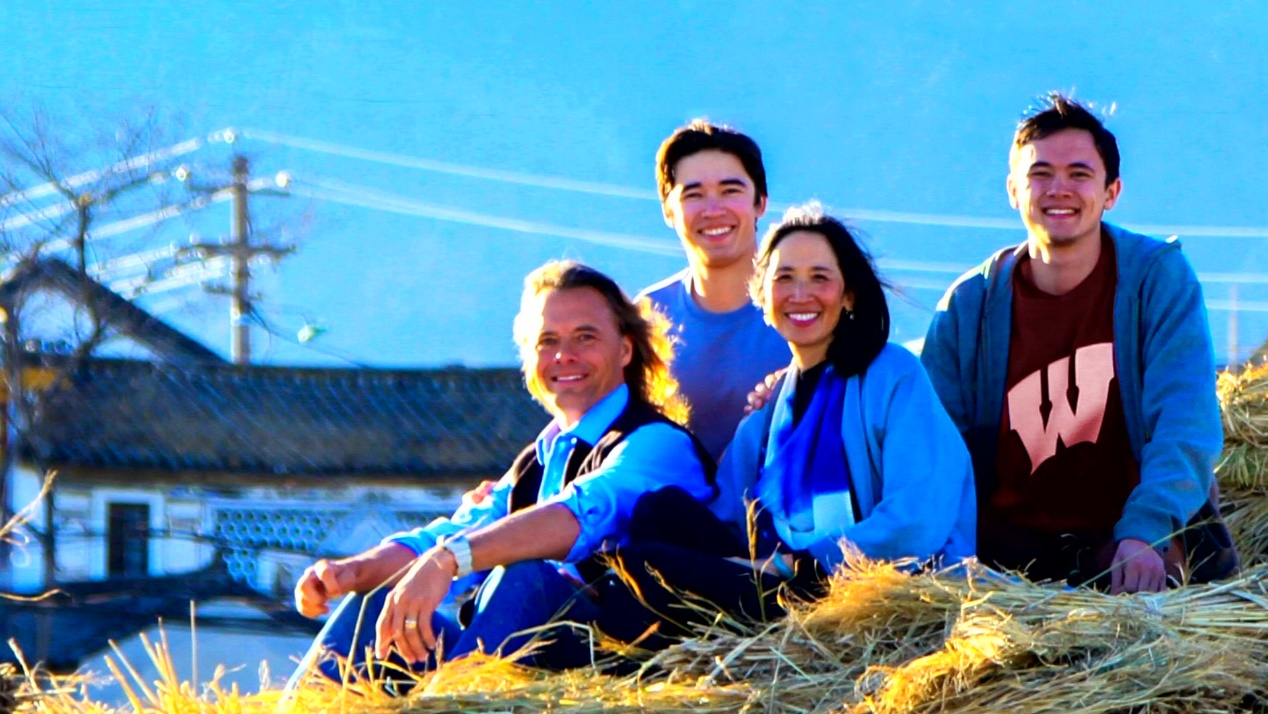

SITEMAP
Copyright © 2018 CGTN. Beijing ICP prepared NO.16065310-3
Copyright © 2018 CGTN. Beijing ICP prepared NO.16065310-3